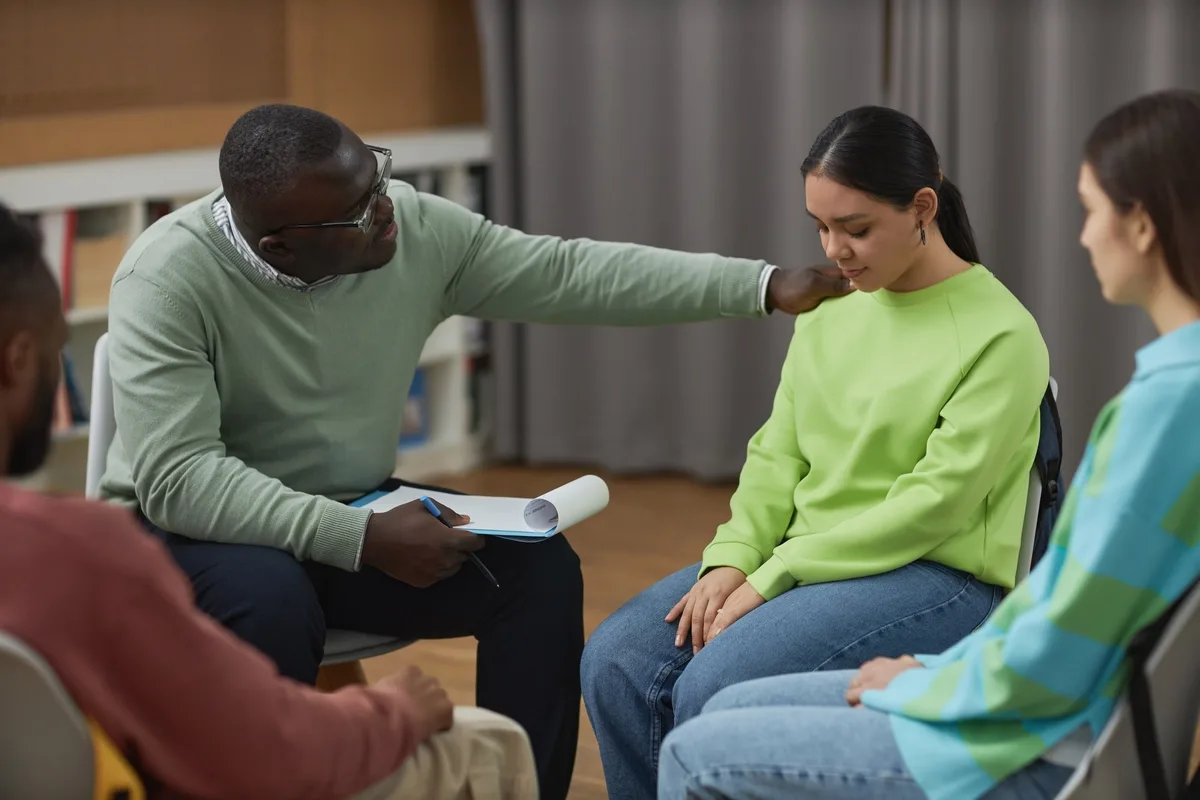24/7 Helpline:
(866) 899-221924/7 Helpline:
(866) 899-2219
Learn more about Schizophrenia Treatment centers in Columbus County

Other Insurance Options

Sutter

Amerigroup

Magellan Health

Regence

State Farm

Optum

Optima

Sliding scale payment assistance

Oxford

Choice Care Network

Group Health Incorporated

WellCare Health Plans

Magellan

Anthem

Health Choice

Absolute Total Care

American Behavioral

UnitedHealth Group

PHCS Network

Providence

Allied Behavioral Management
Allied Behavioral Management is a private rehab located in Whiteville, NC. Allied Behavioral Managem...

Advantage Behavioral Healthcare
Advantage Behavioral Healthcare - Davis Avenue offers outpatient treatment for individuals with alco...

Robeson Healthcare Corporation
Robeson Healthcare Corporation - Hill Plaza is a non-profit rehab located in Whiteville, North Carol...
























































































































AA – Alcoholics Anonymous
AA – Alcoholics Anonymous is a non-profit rehab located in Whiteville, North Carolina. AA – Alcoholi...

Rouse Counseling & Consulting
Rouse Counseling & Consulting is a private rehab located in Whiteville, North Carolina. Rouse Counse...

Clean and Clear Evaluation
Clean and Clear Evaluation is a private rehab located in Whiteville, NC. Clean and Clear Evaluation ...












































































